Respect Underpins it All
Elm House assembly led by our inspiring Head of House Mr Cox focussed on the first of our 3Rs – RESPECT. Mr Cox encouraged the students to think about what our world would...
Filter by Category
Filter by Author








































































































































































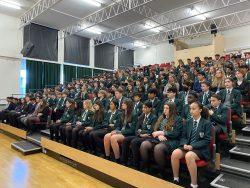
Elm House assembly led by our inspiring Head of House Mr Cox focussed on the first of our 3Rs – RESPECT. Mr Cox encouraged the students to think about what our world would...
Posted by Jeremy Turner

Our last week of term was FLAIR week 2022, a chance for students to get involved in many of the additional activities and opportunities offered by the amazing teaching staff at...
Posted by Victoria Hargreaves
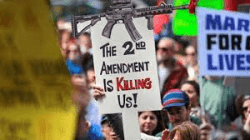
As part of Flair Week in the last week of term, Sixth Form Psychology students were engaged in studying contemporary issues in applied Psychology with Y13 looking into the mixed...
Posted by Giles Monks
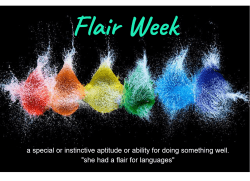
Flair Week saw all the subjects of the faculty hosting a range of different activities and opportunities for students to enjoy, engage with and show off their learning. There were...
Posted by Richard Dowty

Andrea Tamang 12 Maple Andrea has impressed all of the Sixth Form Team with her mature and conscientious work ethic. Always highly motivated and determined to do her best, she has...
Posted by Giles Monks
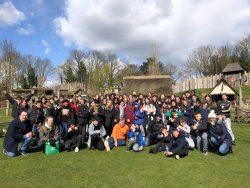
Being able to run a school trip again and take learning outside of the classroom was an absolute joy! On Thursday 31st March 2022, in unexpectedly snowy conditions, 100 year 7...
Posted by James Burley
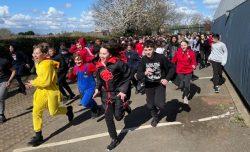
The week of March 28th to April was the school’s 10th annual whole school Health Week with all students in years 7-11 again completing their fitness testing. The aim of the week...
Posted by Ashley Cartledge
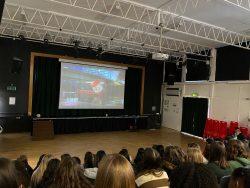
Our Spring Term at Bushey Meads ended on a high with our whole school community coming together to raise a significant amount of money for charity through our Annual Fun Run. I...
Posted by Jeremy Turner

Posted by Jeremy Turner

Posted by Danielle Bowe
As part of Flair Week in the last week of term, Sixth Form Psychology students were engaged in studying contemporary issues in applied Psychology with Y13 looking into the mixed impact of boredom, discovering some unexpected benefits to wellbeing and preventing or reducing cognitive overload. Recent research reported by Julia Russell concluded we should use situations we perceive as boring as an opportunity to give our brains ‘screen-saver time’ to allow our brains to refresh and de-stress from overloaded cognitive situations. In contrast, Year 12 students studied the shocking issue of gun control in the US and considered the psychology behind the difficulty in changing attitudes to allow increased gun control in the USA. It is a very contentious area, with even President Obama’s attempts to implement gun control measures failing to be adopted following a series of mass school shootings.
Sixth Form students studied some shocking data about mass shootings and gun crime rates comparing the US and UK. They found that in 2019 there were 3.96 murders committed with a gun per 100,000 people in the USA, while in the UK this figure was 0.04 per 100,000. 614 mass shootings took place in the US during 2020 compared with just 2 in the UK in the last 25 years – Dunblane 2010 and Plymouth 2021.
Students looked at research into the minority influence and how it can affect social change. Minority Influence is the psychological concept that small groups of people can change the beliefs of a larger group of people over time. Van Avermaet in 1996 described this as the ‘snowball effect’. Here the minority opinion – wanting greater gun control in the US – would very slowly change the opinion of the majority by getting them to accept the minority view. By changing one person’s opinion, that person could speak with their friends and family and influence them to change too, triggering a snowball effect.
Research conducted by Gallop in the USA suggests that there has been a gradual change in opinions towards gun control. In 2010 44% of those polled felt gun laws should be more strict whereas in 2020 this had risen to 57%. In 2010 42% felt the gun laws should be kept as they are, whereas in 2020 this had dropped to 34%. This suggests that opinion is changing and the minority view now appears to favour a change to stricter gun controls. It shows the undercurrent of change that will be essential if there is to be meaningful change to US gun control. As this would require not just legal restrictions but potentially a Constitutional Amendment to the Second Amendment ‘right to bear arms’. Clearly, this change is still some way off being possible in US political terms. However, it highlights the slow impact possible with the effect of minority influence.
Obama mourns with families following the 2012 Sandy Hook Shooting
Is minority influence changing public attitudes to US gun control?
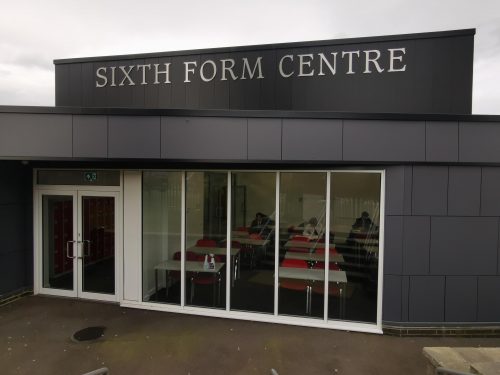
Luca 13B Mr Sylvester has nominated Luca as he consistently demonstrates a positive attitude to learning. He is diligent in his approach to his studies and brings his positive,...
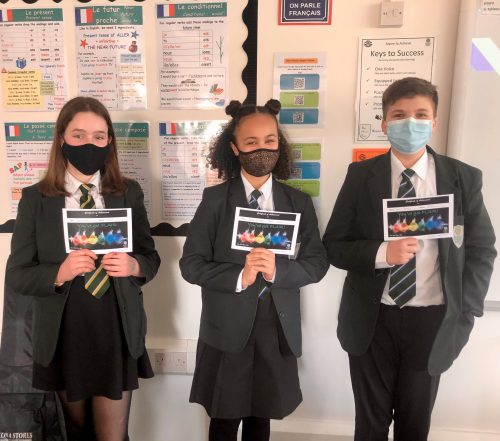
FLAIR week was a fantastic opportunity for our students to show-off their enthusiasm for languages and we loved seeing how proud the students are of their achievements. There was...